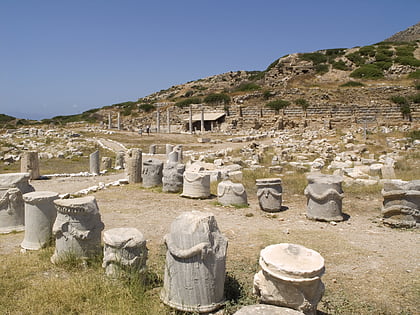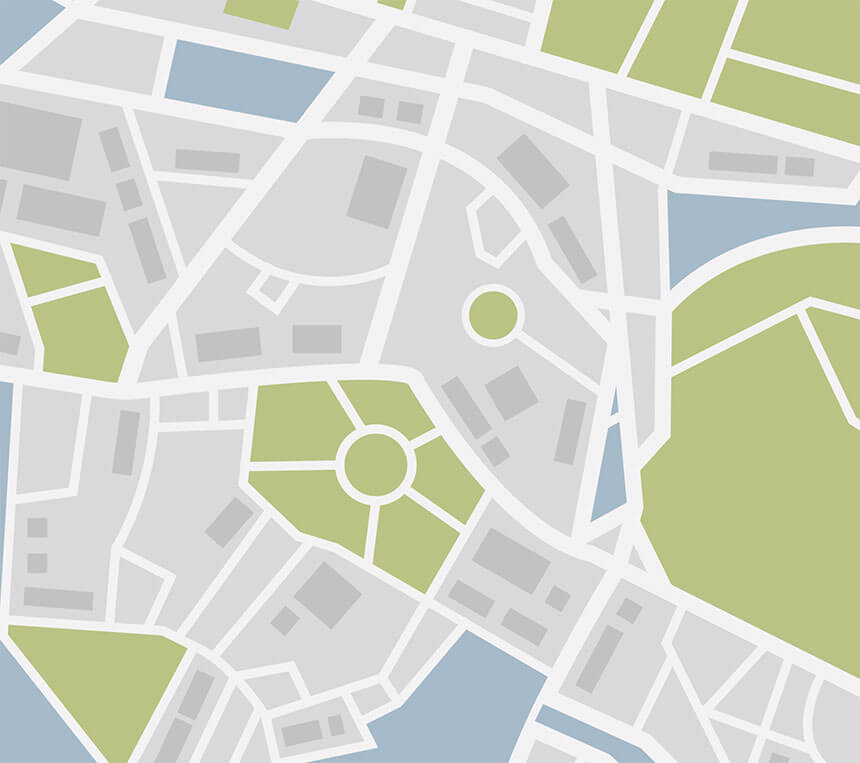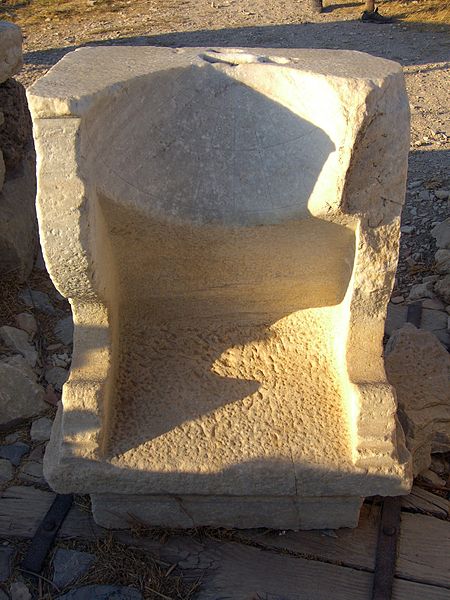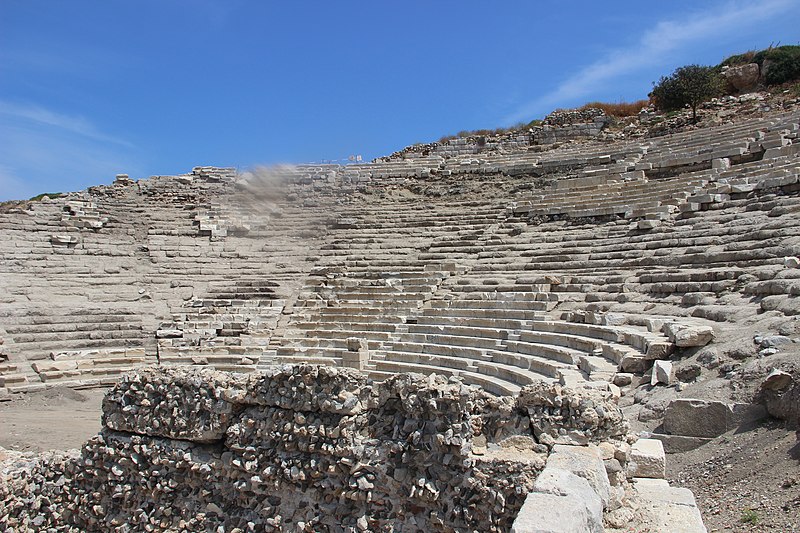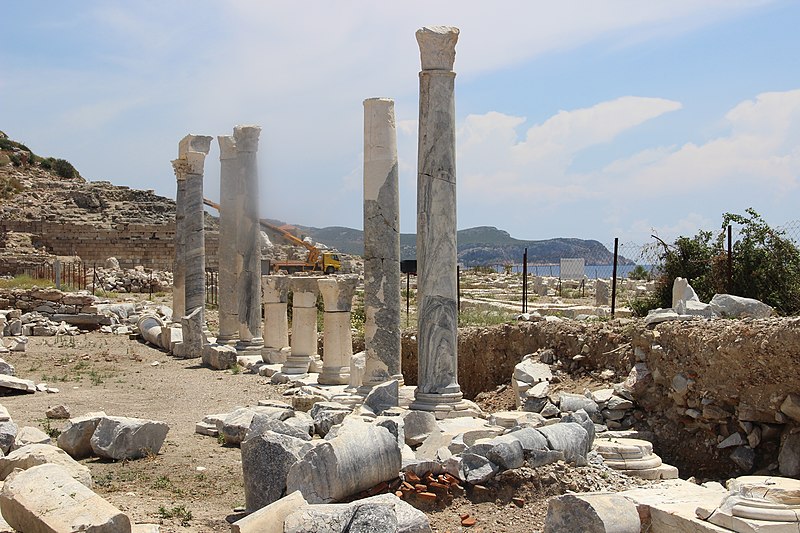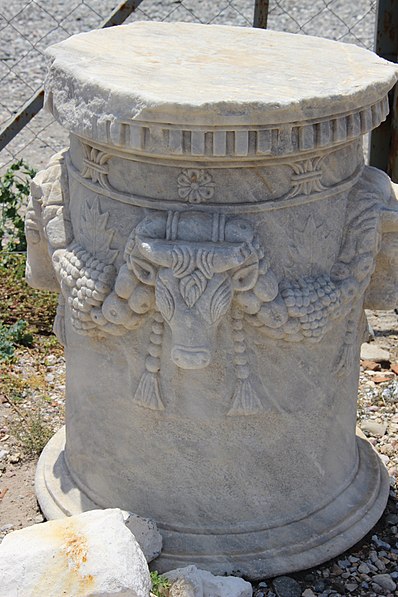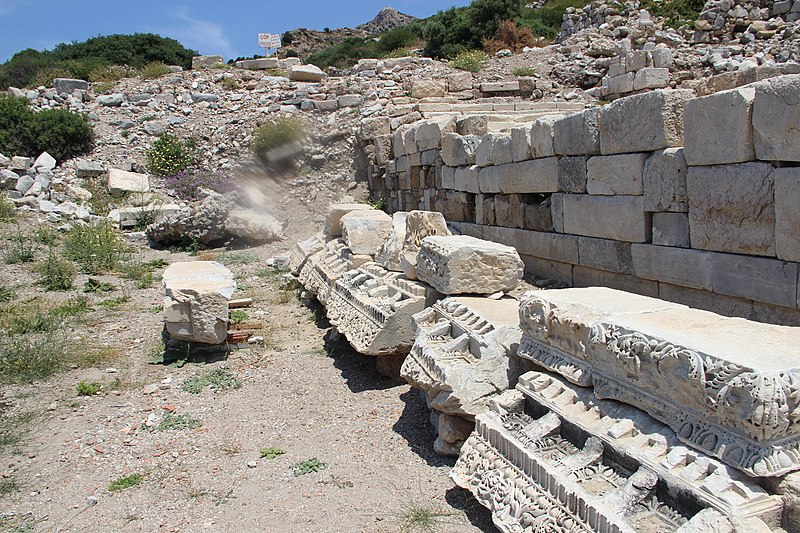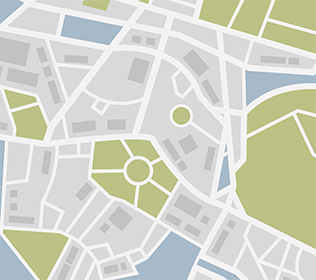Knidos
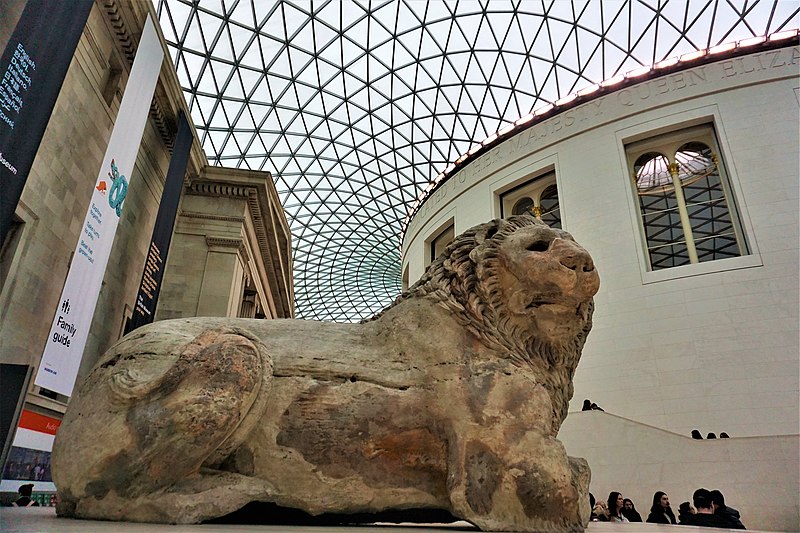
Facts and practical information
Knidos, an ancient city located at the tip of the Datça Peninsula in Turkey, is a testament to the grandeur of classical antiquity. This archaeological site, once a thriving hub of commerce and culture, dates back to the 4th century BC and offers a glimpse into the past glories of the Carian civilization.
The city is renowned for its strategic position, which controlled the trade routes between the Aegean and Mediterranean seas. It was also celebrated for its remarkable dedication to art and science, being the home of the famous mathematician and astronomer Eudoxus and reputedly hosting one of the most revered sculptures of antiquity, the Aphrodite of Knidos by Praxiteles.
The remains of Knidos are extensive, including the agora, the theater that could seat up to 5,000 spectators, and the temples dedicated to various gods and goddesses. Among the most impressive relics is the sundial, attributed to Eudoxus himself, and the remains of two harbors, one on the Aegean and the other on the Mediterranean, emphasizing the city's historical role as a maritime power.
Visitors to the site can explore the terraced cityscape, where private homes and public buildings are etched into the rugged hillside, offering panoramic views of the turquoise waters below. The city's layout is a remarkable example of Hellenistic urban planning, with its streets and buildings designed to harmonize with the natural landscape.
Although less frequented than other archaeological sites in Turkey, Knidos retains a sense of untouched beauty and authenticity. Archaeological efforts continue to uncover the layers of history buried within this ancient city, providing valuable insights into the cultural and social dynamics of the region's past.
Frequently Asked Questions (FAQ)
When is Knidos open?
- Monday 8 am - 11:45 pm
- Tuesday 8 am - 11:45 pm
- Wednesday 8 am - 11:45 pm
- Thursday 8 am - 11:45 pm
- Friday 8 am - 11:45 pm
- Saturday 8 am - 11:45 pm
- Sunday 8 am - 11:45 pm
